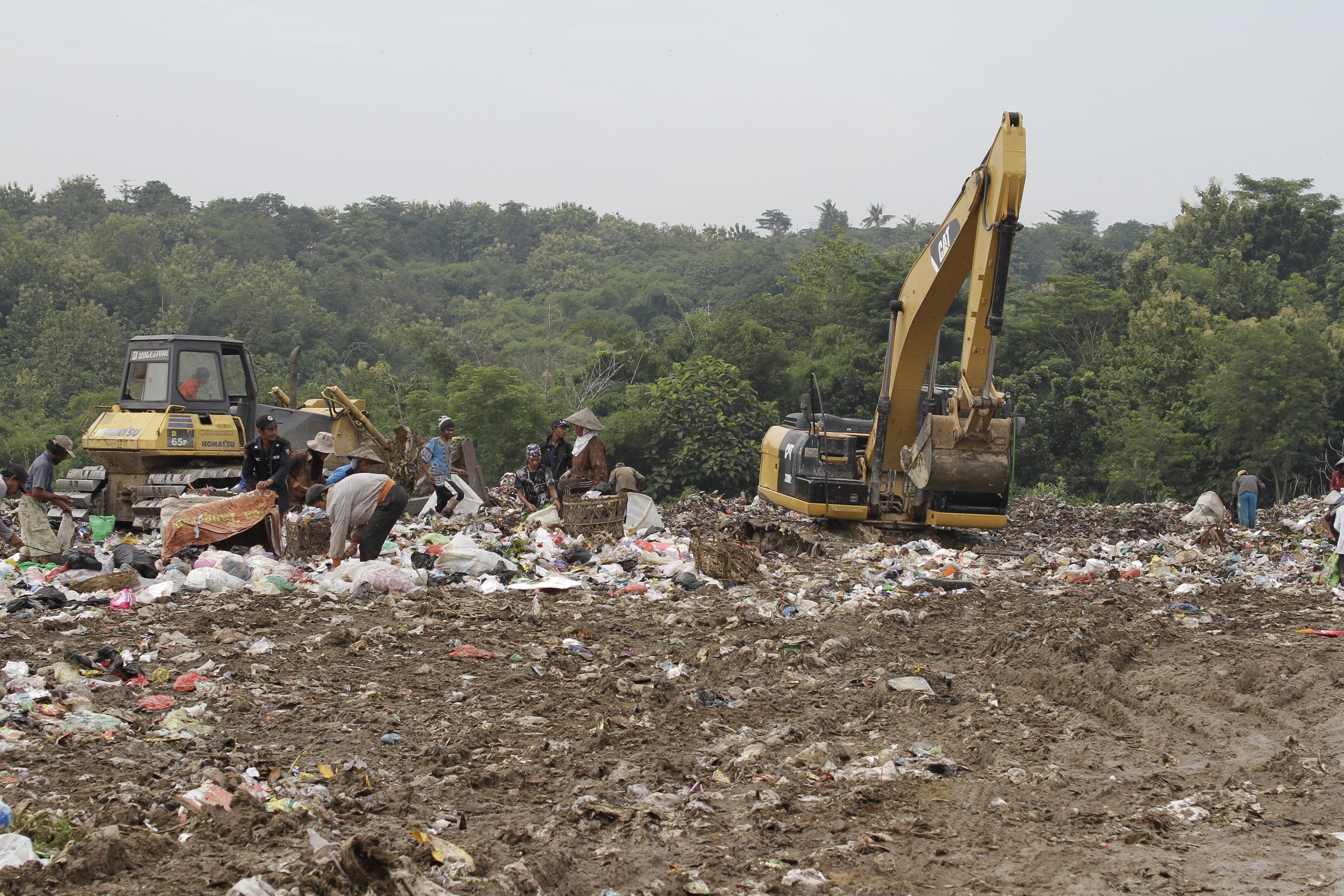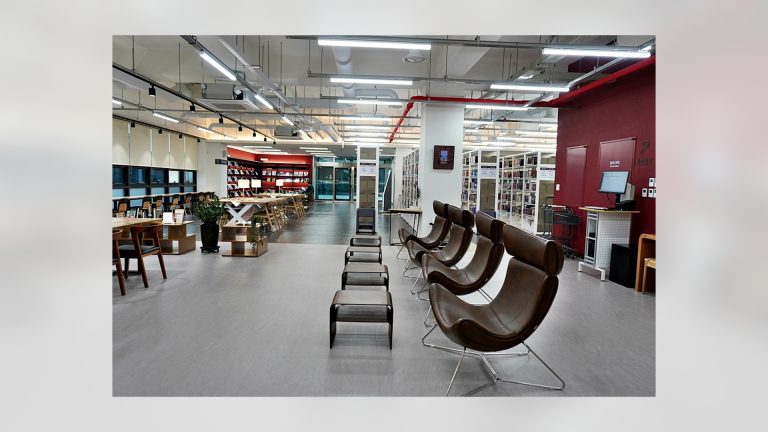UCLG ASPAC, facilitated by its flagship programme, Climate Resilient and Inclusive Cities (CRIC) helps the City of Cirebon to shift into a climate-resilient and inclusive city through the promotion of circularity and collaborative waste management initiatives.
Cirebon, one of CRIC’s 10 pilot cities, is committed to tackling climate change. In Cirebon, the local government is dedicated to do so through waste management, a sector contributing the most to Green House Gas (GHG) emissions in 2014 accounting for 28,270 tons of CO2 (SIGN SMART, KLHK).
There are already ongoing waste management initiatives in Cirebon organised by government, local communities and private sector, such as Environmental Agency-organised Waste Bank, the Ministry of Environment and Forestry’s Climate Village (Program Kampung Iklim), community-led Taman Belajar Cikalong to raise literacy on urban environment and maggot farming by a local entrepreneur.
Anwar Hadipriyanto, CRIC Field Officer for Cirebon states that CRIC takes part in the climate resilience initiative by ‘connecting the dots’. “CRIC brings together all development actors in Cirebon to ensure that all parties work in unison to mitigate and adapt to climate change through waste management sector. Only by working collaboratively, we can achieve our common goal, which is climate-resilient and inclusive Cirebon,” he says.
Circular approach
CRIC has promoted the circularity approach by treating a waste problem with the lens of the life cycle. The life cycle thinking aims to assess resources consumed and emissions generated throughout all stages of the product cycle, starting from the production, distribution, consumption until the disposal of waste. With help from the European partner ACR+, CRIC will develop a waste management tool to help cities shift into more sustainable waste management.
Collaboration
In addition to the circularity approach, CRIC promotes the importance of multi-stakeholder collaboration when it comes to waste management. Cirebon has established a City Working Group consists of government, community, NGO and private sector representatives. The Working Group serves as an agent of change to advocate for climate-proof policies and programmes in the city.
The Head of Cirebon Development Planning Agency who is also a member of the Working Group Mr. Iing Daiman, said on Thursday (4/3) at his office, that the government cannot work alone to solve the waste problem in Cirebon. “We cannot work in silos to tackle a waste problem. That is why we engage with the private sector and we work with communities because only with collaboration, Cirebon can be waste-free,” he said.
In Cirebon, Proklim has employed a circularity approach to reduce, recycle, and repurpose waste through several activities such as making craft from plastic waste, and using organic waste as fertilizer. Local communities are also mobilised to sell paper waste to a waste bank. There is only one neighborhood (Rukun Warga) implementing Proklim in Cirebon at the moment. CRIC will also contribute to the national government’ Proklim agenda to encourage cities develop more Proklim.
Click to Watch Cirebon Paving Way to Climate-Resilient City through Waste Management Initiatives











